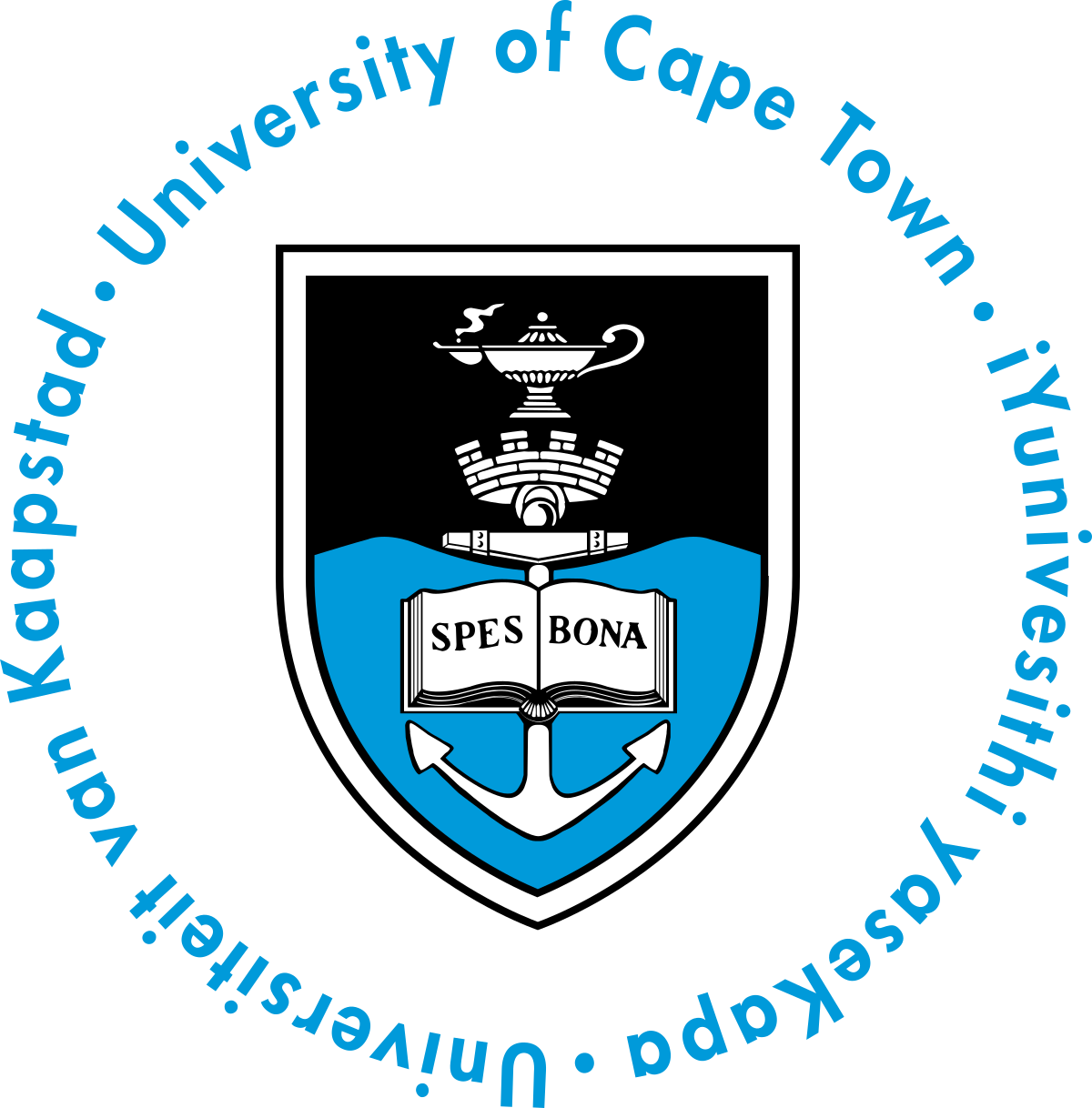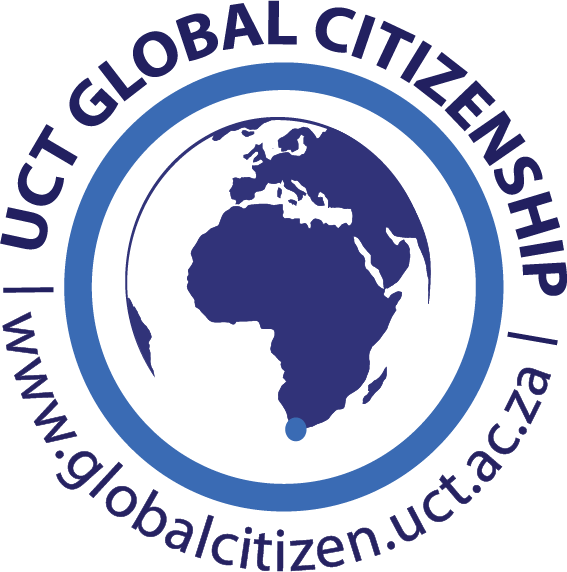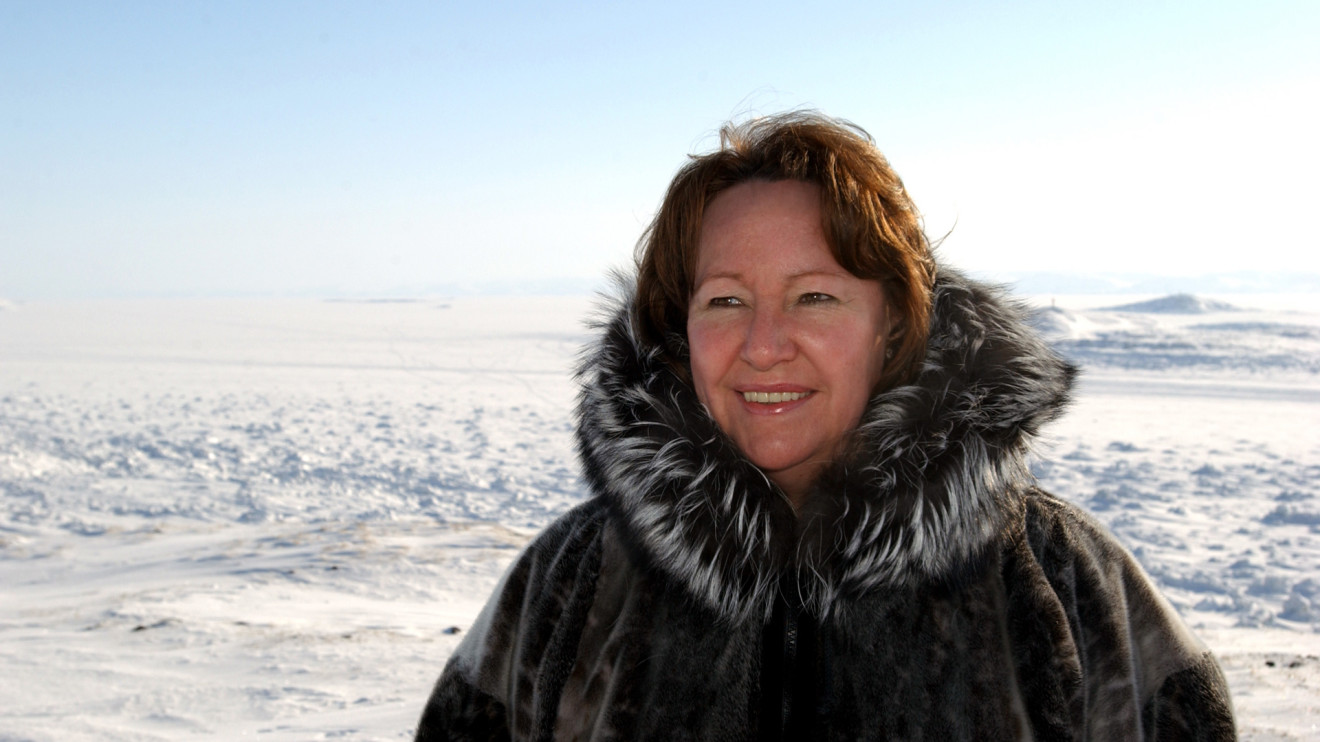
Join students from around the world at the Hart House Global Commons for an interactive discussion about what Inuit leadership and culture can teach us about climate change.
If we continue to allow the Arctic to melt, we lose more than the planet that has nurtured us for all of human history. We lose the wisdom required for us to sustain it.
Sheila Watt-Cloutier
Overview
Sheila Watt-Cloutier, a Nobel Peace Prize nominee, will join us to discuss her political activism to stop climate change and how her identity as an Inuk woman has influenced this work. Participants will have the opportunity to unpack notions of spirituality and culture that are often ignored in relation to activism, environmentalism, and politics. Students will learn from a unique perspective as told by Sheila through the sharing of her lived experiences and connections to climate change advocacy and Inuit culture. Participants will also have the opportunity to reflect on and discuss their own experiences and learning in relation to climate change through small breakout discussions with students from all participating global locations.
Sheila will be joined by Dr. Alana Johns to explore what we can learn from the Arctic Spirit, and how the experiences, histories, and wisdom of Inuit traditions and culture can inform the healing and strengthening of our relationships with the environment, our communities, and ourselves.
Don’t miss this essential opportunity for learning, conversation and connection.
Guest Speakers
-
 Host
HostJesmeen Grewal
Jesmeen is an upper-year student at the University of Toronto, St George Campus and she is studying Political Science with other focuses in gender studies and ethics/solidarity. She has a keen interest in uplifting of the voices of the marginalized, whether it comes to issues at the intersections of race, class or gender. Jesmeen's focus in her studies, and in her life, also include environmental advocacy and justice. She is a member of TO350 where she aids in advocating for the divestment from fossil fuels in Toronto and across Canada. She is very much looking forward to the upcoming discussion and hopes to learn more about environmental justice and its relationship with the Arctic.
-
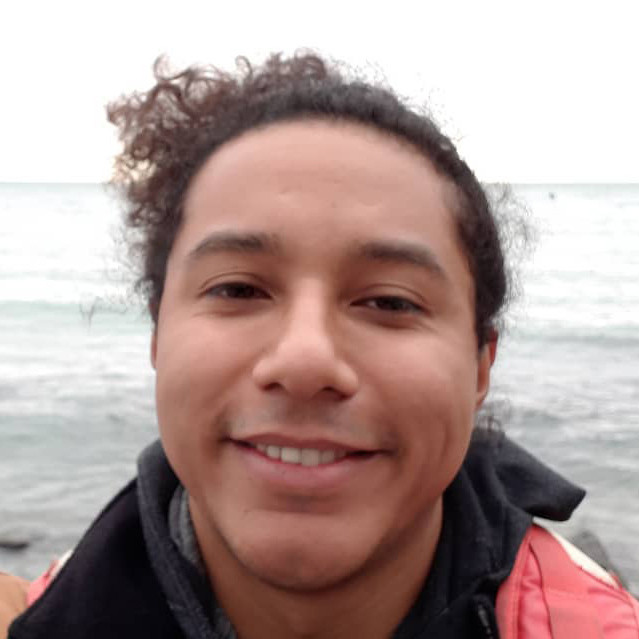 Traditional Opening
Traditional OpeningJeff Ross
Jeffrey Kiyoshk Ross is Ojibway Anishinaabe and St. Vincentian who has worked in and with First Nation communities for over 20 years. He has worked as a community advocate and activist, teacher, journalist, and trainer in cultural competency (to Settler organizations). He currently works at the First Nation House at the University of Toronto as the Resource Centre Coordinator.
His work focuses on bridging understanding and refocusing reconciliation to land and relationships.
-
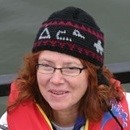 Moderator
ModeratorAlana Johns
Professor Alana Johns taught Linguistics first at Memorial University of Newfoundland for 8 years, followed by 21 years at the University of Toronto, retiring as Professor Emeritus in 2017.
Throughout her years of teaching, she conducted research on a number of linguistics topics, especially on dialects in the Inuit language Inuktitut. She served as Director of Indigenous Studies 2013-2015.
In addition to her publications on theoretical linguistics, she co-authored a dictionary of Inuktitut word units, and in 2019 helped make an app of everyday words and expressions in the Labrador dialect.
-
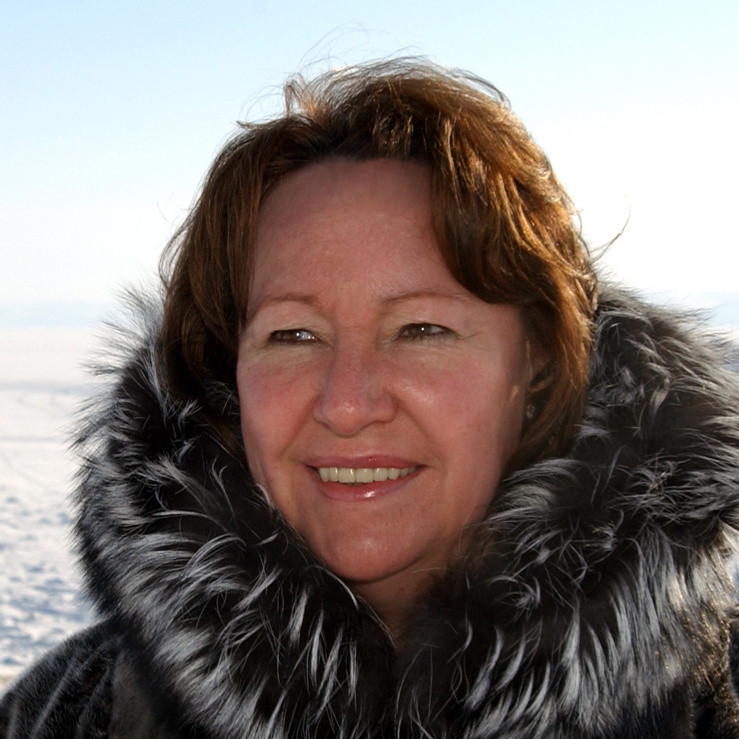 Speaker
SpeakerSheila Watt-Cloutier
Environmental, Cultural and Human Rights Advocate
Nobel Peace Prize nominee Sheila Watt-Cloutier is in the business of transforming public opinion into public policy. Experienced in working with global decision-makers for more than a decade, Watt-Cloutier offers a new model for 21st-century leadership. She speaks with passion and urgency on the issues of today — the environment, the economy, foreign policy, global health, and sustainability — not as separate concerns, but as a deeply interconnected whole. At a time when people are seeking solutions, direction, and a sense of hope, this global leader provides a big picture of where we are and where we're headed.
In 2007, Watt-Cloutier was nominated for the Nobel Peace Prize for her advocacy work in showing the impact of global climate change on human rights — especially in the Arctic, where it is felt more immediately, and more dramatically, than anywhere else in the world. Watt-Cloutier is an Officer of the Order of Canada, and the recipient of the Aboriginal Achievement Award, the UN Champion of the Earth Award, the Norwegian Sophie Prize, the Jack P. Blaney Award for Dialogue, and the Right Livelihood Award, which is widely considered the "Nobel Alternative".
From 1995-2002, Watt-Cloutier was elected the Canadian President of the Inuit Circumpolar Council (ICC). She was later elected in 2002 to become the International Chair of the ICC, representing the 155,000 Inuit from Canada, Greenland, Alaska, and Russia — she held this post until 2006.
Widely recognized for her influential work, Watt-Cloutier gave a TEDx Talk in 2016 titled “Human Trauma and Climate Trauma as One”. She is also the author of the memoir, The Right to Be Cold: One Woman's Story of Protecting Her Culture, the Arctic and the Whole Planet, which was nominated for the 2016 BC National Award for Canadian Non-Fiction and the Shaughnessy Cohen Prize for Political Writing. In 2017, the book was shortlisted for CBC Canada Reads, defended by Chantal Kreviazuk. Watt-Cloutier was also shortlisted for the Kobo Emerging Writer Prize.
About the Global Commons

The Hart House Global Commons is an international dialogue space that connects students participating from multiple global locations to engage in real-time conversations about issues that are pressing and pertinent to everyone, regardless of place. We hope you will join us for a unique opportunity to connect across contexts, exchange dialogue and perspectives, and learn from each other—all without leaving your living space!
Community Supporters
Michael R. De Angelis & Family Global Innovation Fund.
Co-Presenters
This event is presented in partnership with the University of Toronto Multi-Faith Centre, Indigenous U of T, Indigenous Initiatives at Victoria University, and Emmanuel College.







